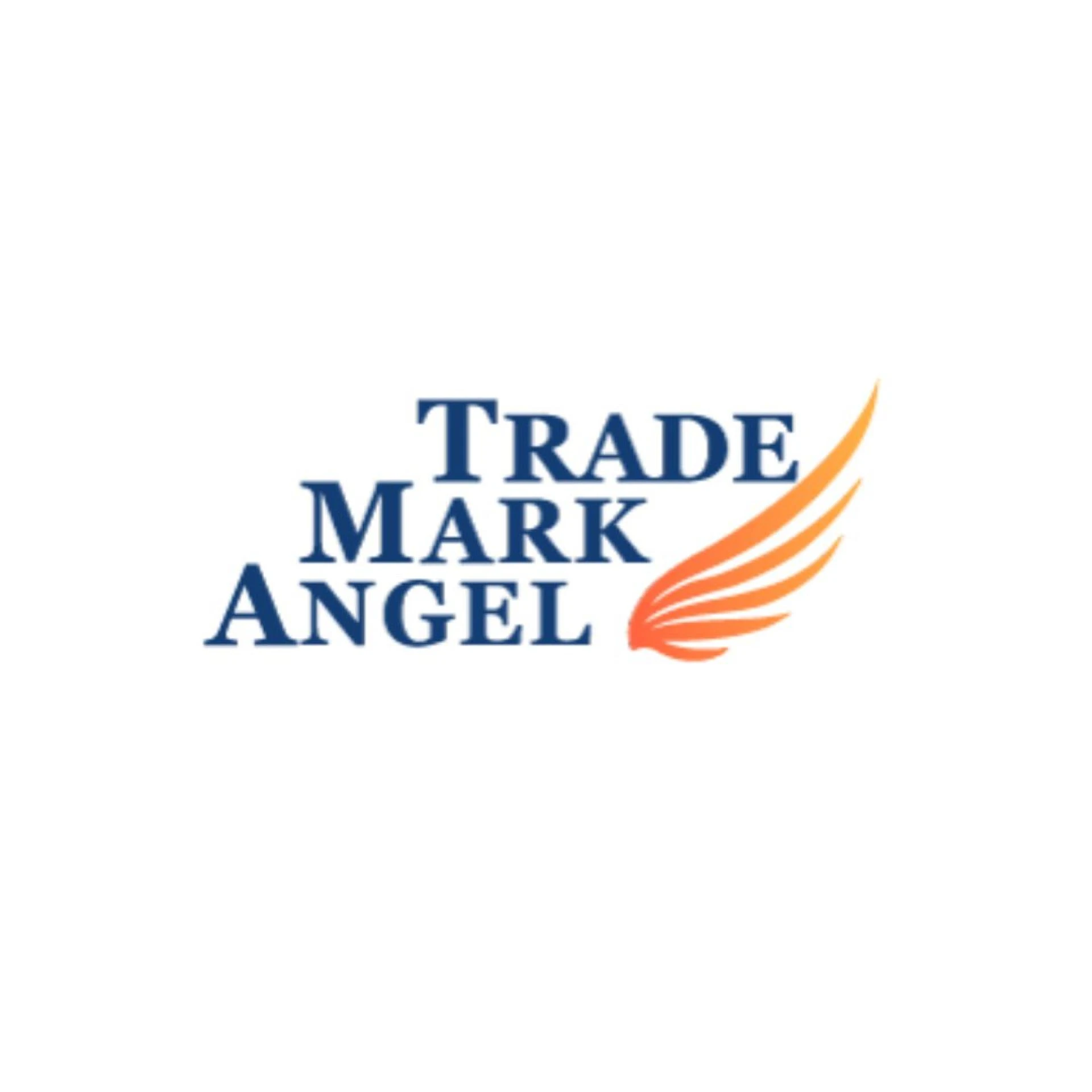When you start a business or launch a product, one key step is a trademark search. It confirms that your name, logo, or slogan is unique. By doing a trademark lookup, you avoid disputes, delays, and rejections. The question remains: should you use a free search or pay for a professional one?
Benefits of Free Trademark Search
Free searches provide an initial view of potential conflicts. Although limited, they serve as a useful starting point. Moreover, they help you prepare before investing in filing fees.
· Access to Government Databases
You can use databases such as the USPTO for free. However, these searches show only registered marks. They often miss pending, unregistered, or international trademarks that could affect your future growth.
· A Cost-Free Starting Point
Free tools allow you to check availability at no cost, making them particularly appealing to startups and small businesses. These tools quickly reduce early risks and support brainstorming through simple trademark lookup.
· Helpful for Early Ideas
Entrepreneurs often run free searches to eliminate obvious conflicts. Additionally, they refine their brand choices before moving forward. This step ensures better preparation before seeking legal advice or filing a claim.
Advantages of a Paid Trademark Search
Paid searches provide more in-depth and accurate results. Therefore, they reduce risks and improve the chances of approval. Businesses that require robust protection often opt for this option.
· Broader Database Coverage
Paid services include state records, common law uses, and global databases. As a result, they reveal risks missed by free searches. This protection extends to enterprises operating in a variety of markets.
· Expert Legal Review
The results are reviewed by attorneys, who also indicate any potential conflicts. They also outline the potential dangers and the legal consequences. Their advice helps applicants prepare for objections and create stronger applications.
· Strategic Filing Guidance
Experts provide guidance on classes, objections, and long-term protection. This helps to ensure that the filing is done correctly the first time around, and results in a more streamlined registration procedure.
Limitations of Free Trademark Search
Although they are helpful, free searches cannot take the place of paid services. Businesses are putting themselves in a precarious position when they rely completely on them.
· Misses Unregistered Marks
Most of the time, business names and domain names are not included in free searches. Rebranding may be required as a result of these hidden conflicts, which can also result in hefty legal expenditures.
· Limited Accuracy
Only exact matches are detected by free databases. For instance, they are not very good at recognizing marks that are similar in appearance or include similar sounds. As a result of this shortcoming, firms are unprepared to deal with rejections.
· Narrow Geographic Scope
Free searches often concentrate on a single nation, such as the United States of America. Nevertheless, they do not include records from other countries. Because of this divide, businesses planning to expand internationally face challenges.
Limitations of Paid Trademark Search
Paid searches bring more reliable results, but also have drawbacks. Consider whether the expense aligns with your needs and budget.
· Higher Costs
Paid searches can be expensive, which makes them harder for small businesses and startups to use. They can be costly, but they frequently save money in the long run by stopping arguments and expensive rebranding.
· Longer Processing Time
Full searches take time to do research and check the law. Reports can take a few days, which slows down the decision-making process compared to fast free searches. However, the extra accuracy is generally worth the wait.
· Requires Professional Engagement
When you pay for services, you typically have to engage with lawyers or agencies. Some organizations may find it inconvenient to use this because it involves communication, trust, and more planning than just using basic web tools.
Whether you utilize a free or paid trademark search is determined by your objectives and financial constraints. In the beginning stages of exploration, free searches are helpful, but paid services provide more in-depth insights. Ultimately, investing in a professional trademark search and registration offers a higher level of protection, fewer risks, and greater success over the long term.


